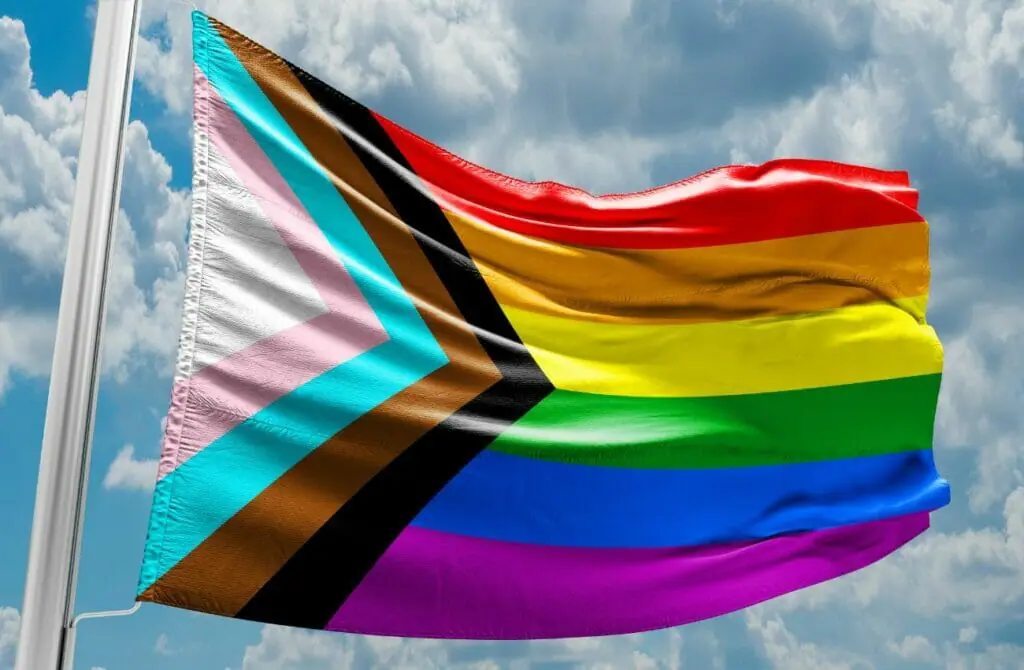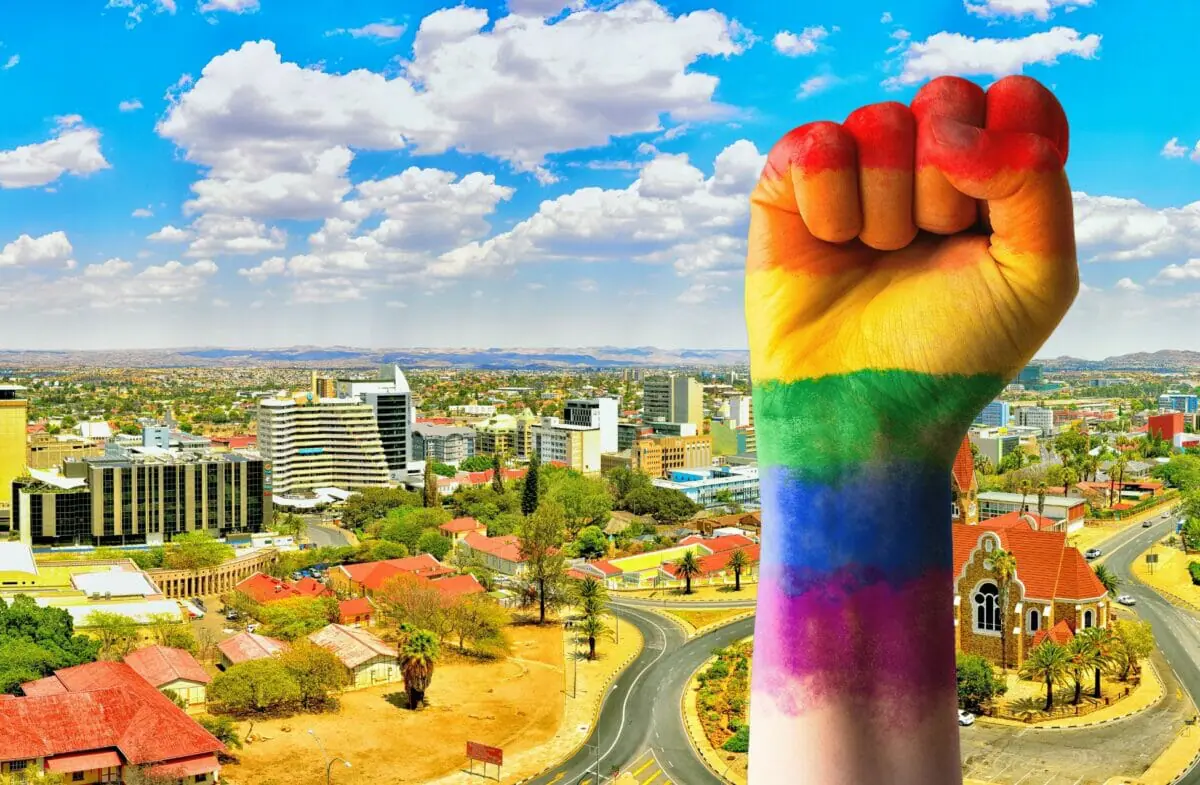LGBT rights in Namibia present a complex landscape, with different legal challenges faced by the local population compared to international visitors, including tourists. While homosexuality is illegal for males, it remains legal for females and same-sex marriages concluded outside the country are recognized only to a limited extent.
Discrimination based on sexual orientation is illegal in some contexts, but the country’s laws and attitudes still vary significantly from those in more inclusive nations.
For tourists visiting Namibia, it is crucial to be aware of these differences and exercise caution to avoid potentially compromising situations. Local laws may present challenges for LGBT travelers, so it is essential to keep informed about the current legal environment and remain vigilant for any discriminatory behavior or possible issues arising during the trip.
It’s worth noting that while this information may provide a snapshot of the broader context of LGBT rights in Namibia, situations can change rapidly, and details may become outdated. Therefore, it is always necessary to seek up-to-date advice before making any travel plans and to stay aware of the ever-changing environment while in the country.


History Of LGBT Rights In Namibia
Throughout the years, LGBT rights in Namibia have gradually improved, yet they still face challenges. The leading LGBT advocacy group in the country is OutRight Namibia, which was formed in March 2010 and officially registered in November 2010. This organization has played a significant role in organizing Namibia’s first pride parades, focusing on the voices of lesbian women, gay men, bisexuals, and transgender and intersex people in Namibia.
Local people are more likely to face difficulties as they cannot escape the realities of daily life in Namibia, where societal opinions and legal matters can still pose challenges. For instance, sodomy remains criminalized under Roman-Dutch common law, discrimination against LGBTQ+ individuals is legal, and same-sex marriages are not recognized by the courts.
As a tourist visiting Namibia, the experience may vary. Although Namibia is considered one of the most LGBTQ+ tolerant countries in Africa, it is essential to be vigilant and cautious of your surroundings. It’s essential to be aware of local customs, respect cultural norms, and work on building strong relationships with local, supportive networks.
To protect yourself as an LGBTQ+ traveler in Namibia, consider taking the following steps:
- Seek current advice from trusted sources before departure.
- Stay informed about local laws, customs, and attitudes towards LGBTQ+ people.
- Connect with local LGBTQ+ support networks, such as OutRight Namibia, for guidance and information on local events or safe spaces.
- Be discreet in public spaces, especially when displaying affection, as attitudes can vary depending on the location.
- Remain vigilant and be aware that while Namibia is considered more tolerant than other African countries, individuals may still face discrimination or hostility.
It’s crucial to be aware that situations can change rapidly, and information may become outdated. Always seek current advice before traveling to Namibia, ensure you stay updated on the local LGBTQ+ rights situation, and remember that every country has its share of bad actors, so vigilance is key. Maintain a professional and respectful demeanor, and your experience in Namibia has the potential to be immensely rewarding.
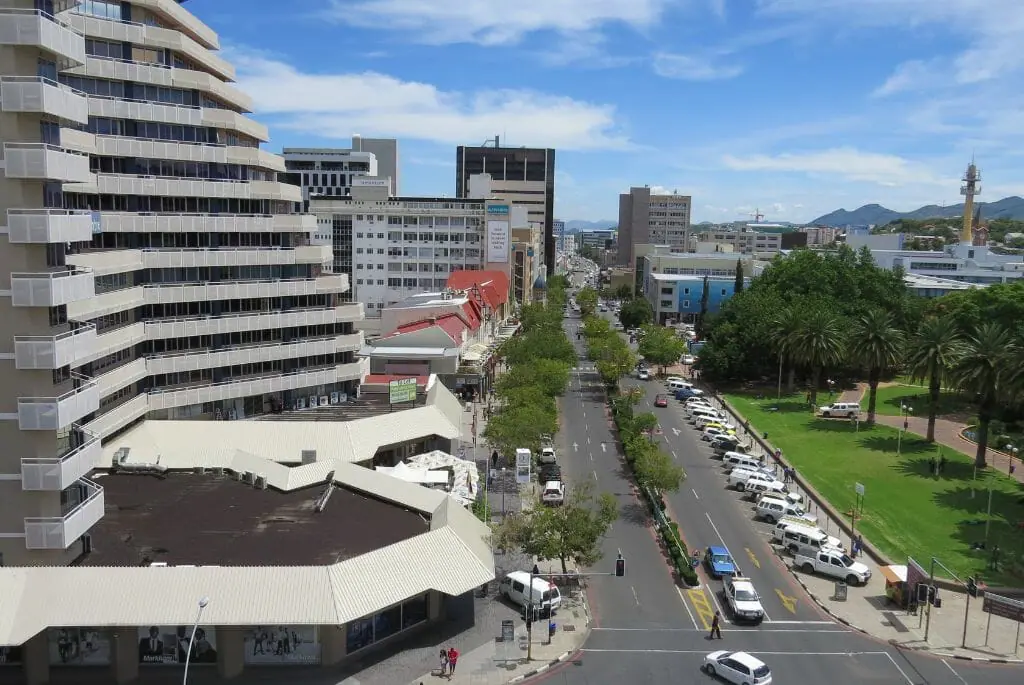

The LGBT Current Situation In Namibia
In recent years, the climate for LGBT people in Namibia has eased, with OutRight Namibia being the country’s leading LGBT advocacy group, formed in March 2010 and officially registered in November 2010. The government has not moved to actively legalize same-sex relationships, and the existing colonial-era “sodomy law” still criminalizes sex between men.
The Namibian High Court recently ruled against two gay couples fighting for recognition of their marriages, with far-reaching implications for the local LGBT community. However, certain rulings around limited cases may signal a potential change in attitudes.
It is worth noting that the situation for LGBT tourists in Namibia may differ from that of locals. Generally, tourists are less likely to encounter issues related to their sexual orientation or gender identity, provided they act discreetly and follow local customs and regulations. However, it is important to err on the side of caution and remain vigilant about any potential incidents or unfavorable changes in the public or political stance toward LGBT individuals.
While traveling in Namibia, it is crucial to stay informed about the legal and social situation pertaining to LGBT rights. Ensuring personal safety may involve avoiding public displays of affection, using discretion when discussing your sexual orientation or gender identity, and seeking support from trusted locals or LGBT-friendly establishments. Always remember that the situation can change and that malicious actors can be found anywhere, so constant vigilance is key to maintaining your well-being.
Situations in any country can change rapidly, and information can become outdated. Therefore, it is vital to seek current advice before traveling to Namibia and to ensure that you are aware of any changes in the local context. Being well-informed and prepared enables you to navigate the country while understanding the unique challenges that come with traveling as an LGBT individual.
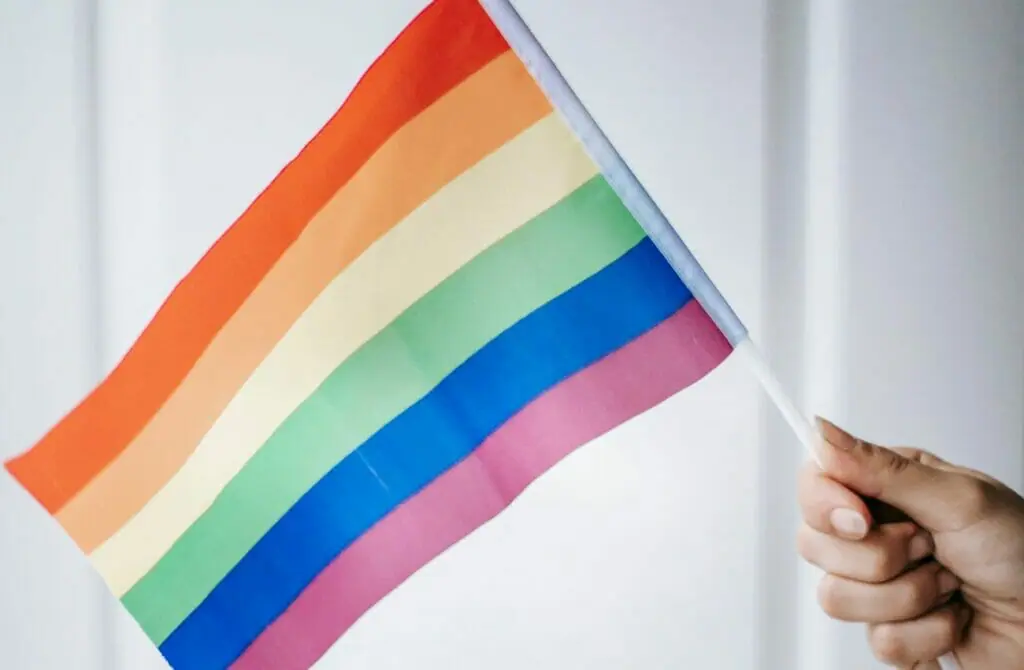

The Future For The Queer Community In Namibia
In recent years, there has been a gradual shift in public opinion towards LGBTQ+ rights in Namibia. A study conducted by the Afrobarometer network between 2019-2021 ranked Namibia as the third most tolerant country in Africa in terms of homosexuality, preceded only by Cabo Verde and South Africa. Despite this progress, same-sex sexual activity remains a crime in the country under the Roman-Dutch common law.
For locals, the fight for LGBTQ+ rights continues as Namibia’s High Court recently ruled against two gay couples seeking recognition of their marriages. This decision highlights the ongoing challenges faced by the LGBTQ+ community and demonstrates the need for further advocacy to improve legal protections and social acceptance.
Tourists visiting Namibia should also be mindful of the prevailing legal and social environment. While the Namibian Supreme Court has recognized same-sex marriages formed in countries where it is legal, there are still potential risks and challenges faced by LGBTQ+ tourists. Remaining vigilant and cautious is crucial while traveling in the country.
To protect oneself in Namibia, it is essential to stay informed about the current legal and social climate. Prior to traveling, individuals should research the latest information on local laws and community attitudes toward LGBTQ+ rights. Keeping a low profile and avoiding public displays of affection can also be a precautionary measure. In case of any issues or concerns, reaching out to local LGBTQ+ support networks or foreign diplomatic missions for advice is advisable.
Finally, it is essential to remember that situations can change rapidly, and information may become outdated. Continuously seeking current and accurate data before traveling is crucial. Despite a glimmer of hope for the future, vigilance and cautiousness remain critical for both the local LGBTQ+ community and tourists visiting Namibia.
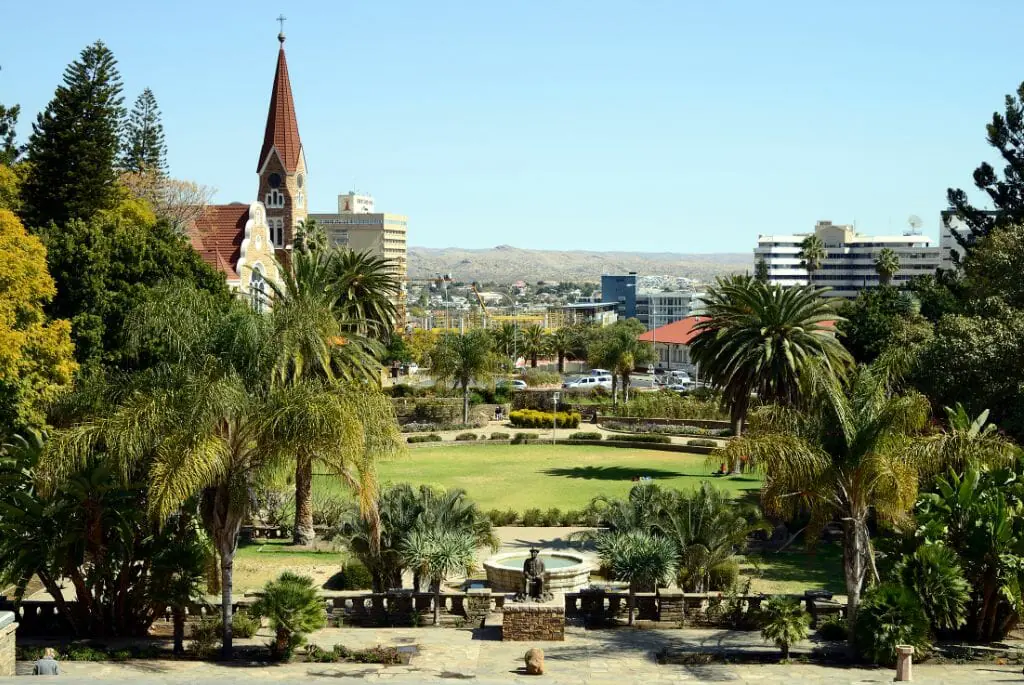
Protect Yourself While Travelling In Gay Namibia
LGBT rights in Namibia may differ for local residents and tourists. While local residents face legal challenges and resistance toward their rights, tourists are less likely to experience these issues directly. However, it’s essential to remain vigilant, as the situation can change, and bad actors are present in every country.
If you’re visiting Namibia, take steps to protect yourself. Firstly, research the local laws and customs regarding LGBT rights, as these can vary from region to region. It’s also a good idea to check for the most current advice before traveling, as the situation may change, and information can become outdated.
When in Namibia, exercise caution and use discretion when discussing or displaying your sexuality or gender identity. This may involve avoiding public displays of affection or avoiding conversations about your relationship status with strangers. Build a network of trusted friends or contacts familiar with the local environment who can offer guidance and support.
Lastly, keep in mind that situations can change rapidly, and legal reforms are always possible. Stay informed about any developments within the country and seek up-to-date advice if needed.
By following these steps and remaining cautious, you’ll be better equipped to protect yourself as an LGBT individual traveling or living in Namibia.
